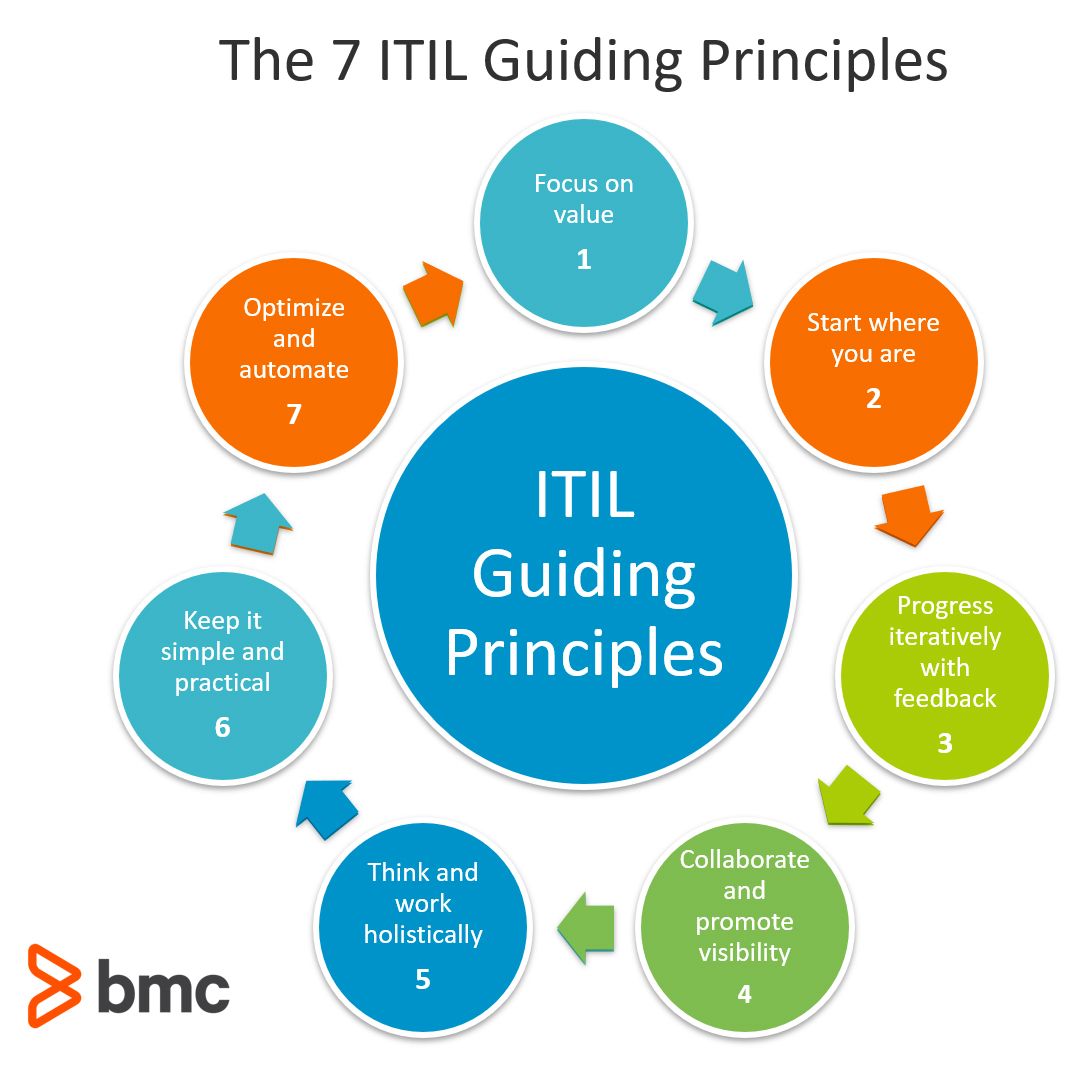
late 14c., 'origin, source, beginning' (a sense now obsolete), also 'rule of conduct; axiom, basic assumption; elemental aspect of a craft or discipline,' from Anglo-French principle, Old French principe 'origin, cause, principle,' from Latin principium (plural principia) 'a beginning, commencement, origin, first part,' in plural 'foundation, elements,' from princeps (genitive principis) 'first man, chief leader; ruler, sovereign,' noun use of adjective meaning 'that takes first,' from primus 'first' (see prime (adj.)) + root of capere 'to take' (from PIE root *kap- 'to grasp').

The English -l- apparently is by analogy of participle, manciple, etc., also principal. From the notion of 'one of the fundamental tenets or doctrines of a system, a law or truth on which others are founded' comes the sense of 'a right rule of conduct' (1530s).
It is often easier to fight for principles than to live up to them. [Adlai Stevenson, speech, New York City, Aug. 27, 1952]

Principal Financial Services, Inc. Securities offered through Principal Securities, Inc., member SIPCmember SIPC. Principle definition, an accepted or professed rule of action or conduct: a person of good moral principles. © 2019, Principal Financial Services, Inc. Securities offered through Principal Securities, Inc., member SIPCSIPC. Principle is used to show that the speaker believes allowing disabled access is the only morally correct course of action. As an environmentalist, he refused to use plastic bags on principle. In this sentence, principle is used to express that the refusal to use plastic bags is part of the subject's conception of right and wrong.
Scientific sense of 'general law of nature,' by virtue of which a machine or instrument operates, is recorded from 1802.
Entries related to principle
Others are reading
Dictionary entries near principle
Princeton
principal
principality


principally
principia
principle
principled
pringle
Www.principal.com
printable
Principal.com Personal Login
printer
